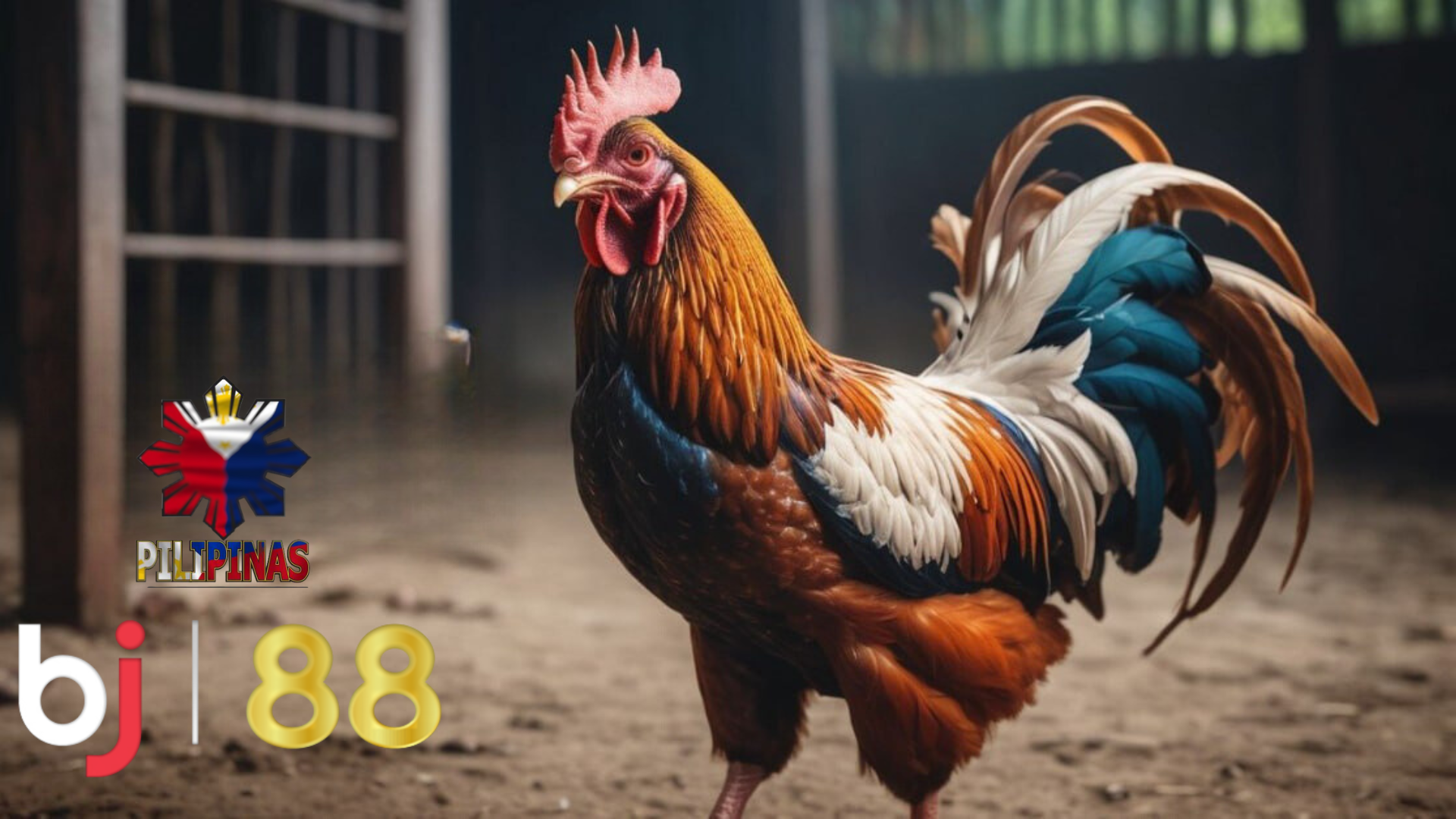In the Philippines, sabong, or cockfighting, has been a deeply ingrained part of the culture for centuries. Traditionally held in rural arenas, this pastime has evolved with the times, moving from physical cockpits to the digital realm. Online sabong has surged in popularity, bringing with it both excitement and controversy. This article explores the rise of online sabong in the Philippines, its impact on society, and the ongoing regulatory challenges it faces.

Sabong is more than just a sport in the Philippines; it’s a social and cultural event that brings communities together. Historically, it involves roosters fighting in a ring, with bets placed on the outcome. These events are typically held in licensed cockpits, where enthusiasts gather to witness and wager on the fights.
With the advent of the internet and mobile technology, sabong has found a new platform. Online sabong allows enthusiasts to participate in betting and viewing cockfights from the comfort of their homes. Websites and apps dedicated to online sabong provide live streams of fights, betting options, and a community for fans to engage with one another.

The convenience of online sabong has significantly contributed to its rapid growth. Enthusiasts can now participate without the need to travel to physical arenas, broadening the sport’s reach. This accessibility has attracted a larger audience, including younger generations who prefer digital interaction.
Economically, online sabong has created new revenue streams. Operators of online platforms earn through betting commissions and subscriptions, while the government benefits from taxes and licensing fees. Additionally, it has provided employment opportunities in tech support, online marketing, and other related fields.

Despite its popularity, online sabong operates in a complex legal environment. The traditional form of sabong is regulated under the Cockfighting Law of 1974, but online sabong falls into a gray area, prompting the need for specific regulations.
In response, the Philippine Amusement and Gaming Corporation (PAGCOR) has stepped in to regulate the industry. PAGCOR issues licenses to online sabong operators and ensures compliance with gaming laws. However, the regulatory framework is still evolving, with ongoing debates about the ethical implications, gambling addiction, and the potential for illegal activities.

Online sabong has sparked ethical debates regarding animal welfare and gambling addiction. Animal rights activists argue that online platforms may encourage more frequent and widespread cockfighting, potentially leading to increased animal cruelty. The anonymity and accessibility of online betting also raise concerns about the rise of gambling addiction, especially among vulnerable individuals.
To address these issues, regulators and operators are working together to implement responsible gambling measures. These include age verification, betting limits, and support for individuals struggling with gambling addiction. Additionally, there are calls for stricter enforcement of animal welfare laws to ensure that the treatment of roosters is humane.
CONCLUSION
Online sabong in the Philippines represents a fascinating intersection of tradition and technology. While it has brought economic benefits and expanded the sport’s reach, it also poses significant regulatory and ethical challenges. The future of online sabong will depend on the balance between preserving cultural practices, protecting animal welfare, and ensuring responsible gambling. As the industry continues to grow, ongoing dialogue and regulation will be crucial in shaping its development.

